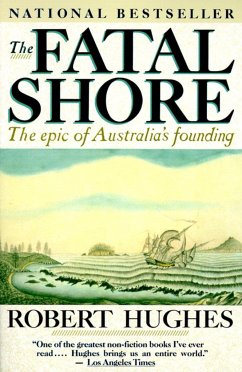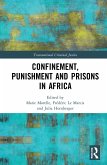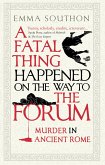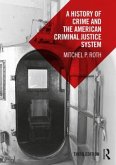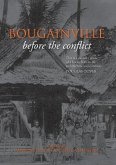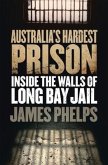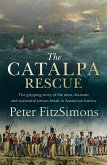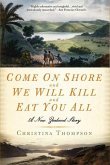The history of the birth of Australia which came out of the suffereing and brutality of England's infamous convict transportation system. With 16 pages of illustrations and 3 maps.
In this bestselling account of the colonization of Australia, Robert Hughes explores how the convict transportation system created the country we know today. Digging deep into the dark history of England's infamous efforts to move 160,000 men and women thousands of miles to the other side of the world in the eighteenth and nineteenth centuries, Hughes has crafted a groundbreaking, definitive account of the settling of Australia. Tracing the European presence in Australia from early explorations through the rise and fall of the penal colonies, and featuring 16 pages of illustrations and 3 maps, The Fatal Shore brings to life the incredible true history of a country we thought we knew.
Hinweis: Dieser Artikel kann nur an eine deutsche Lieferadresse ausgeliefert werden.
In this bestselling account of the colonization of Australia, Robert Hughes explores how the convict transportation system created the country we know today. Digging deep into the dark history of England's infamous efforts to move 160,000 men and women thousands of miles to the other side of the world in the eighteenth and nineteenth centuries, Hughes has crafted a groundbreaking, definitive account of the settling of Australia. Tracing the European presence in Australia from early explorations through the rise and fall of the penal colonies, and featuring 16 pages of illustrations and 3 maps, The Fatal Shore brings to life the incredible true history of a country we thought we knew.
Hinweis: Dieser Artikel kann nur an eine deutsche Lieferadresse ausgeliefert werden.

